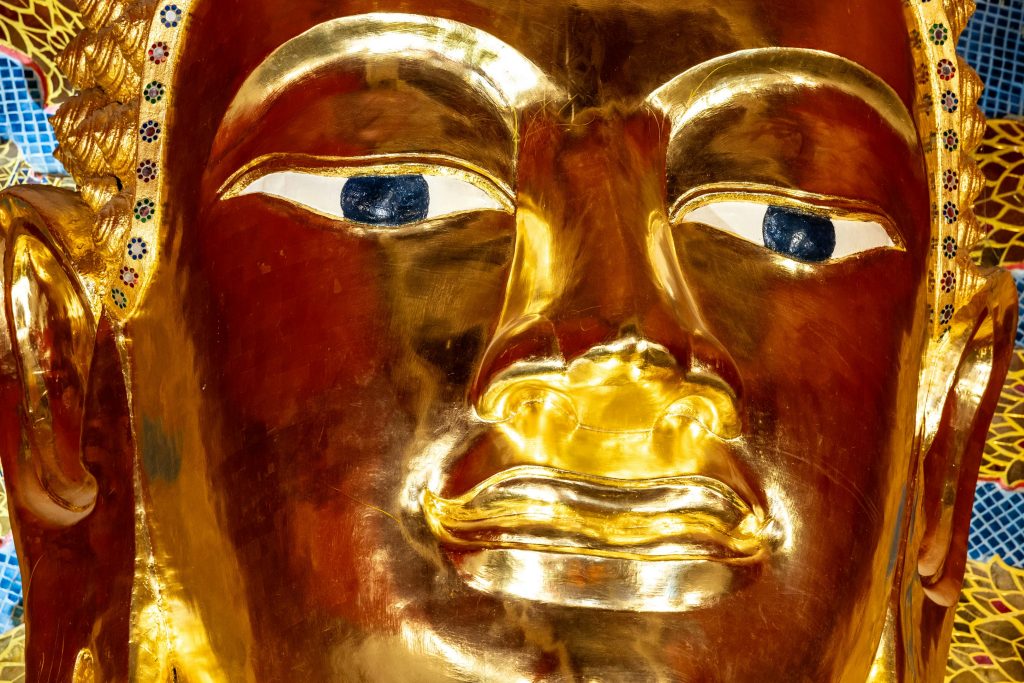In a significant development that has captured the attention of both the media and the public, Demetrius ‘Big Meech’ Flenory, the notorious co-founder of the Black Mafia Family (BMF), has been released from federal prison after serving nearly three decades for his role in a vast drug trafficking operation. Flenory, who became a household name and a symbol of the drug trade’s impact on American society, was originally arrested in 2005 and subsequently sentenced to 30 years in prison. His criminal enterprise, which began in the late 1990s, was renowned for its sophisticated distribution network and its influence that extended beyond drug sales into popular culture, inspiring various forms of media, including the Starz drama series ‘BMF’. On October 15, the Federal Bureau of Prisons confirmed his release, a move that has reignited discussions about the justice system, the war on drugs, and the cultural legacy of figures like Flenory. Many are now left wondering what the future holds for Big Meech, who has expressed interest in using his experience to educate young people about the dangers of drug trafficking and the consequences of such a lifestyle. As the world watches, questions arise about the implications of his release for both his personal life and the ongoing narrative surrounding drug-related crime in America. With a storied past that includes a luxurious lifestyle marked by excess and notoriety, Flenory’s return to society marks a pivotal moment in the ongoing conversation about crime, punishment, and redemption. Whether he will seek to reintegrate into society or re-establish connections with his past remains to be seen, but his story is far from over, and it is sure to be a focal point in discussions about the impact of drug lords on American culture and the justice system. This development not only highlights the complexities surrounding criminal justice reform but also reflects the enduring fascination with figures like Big Meech, who have become emblematic of a larger societal issue. As he steps back into the world, many are left to ponder the lessons that can be learned from his journey and the broader implications of his story on the fight against drug-related crime.

